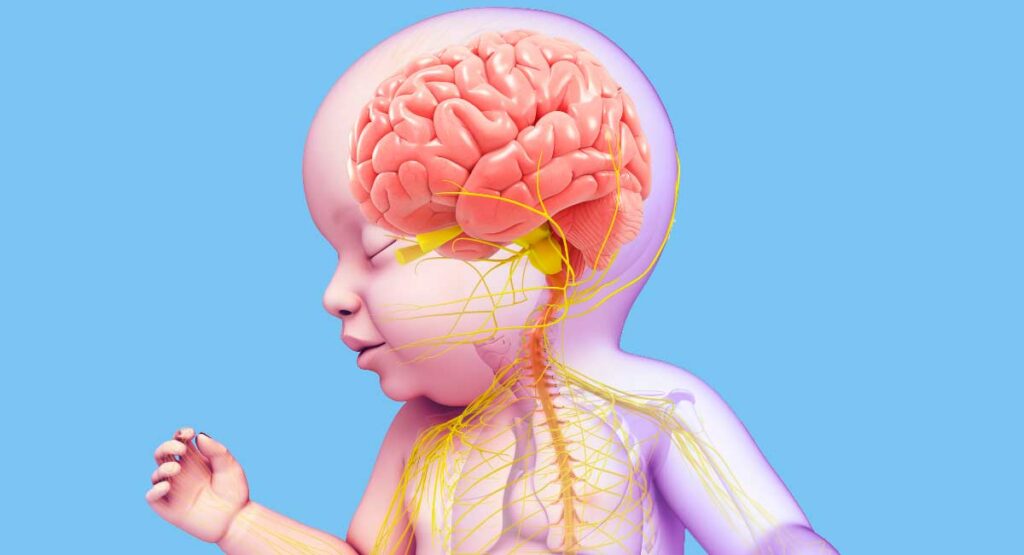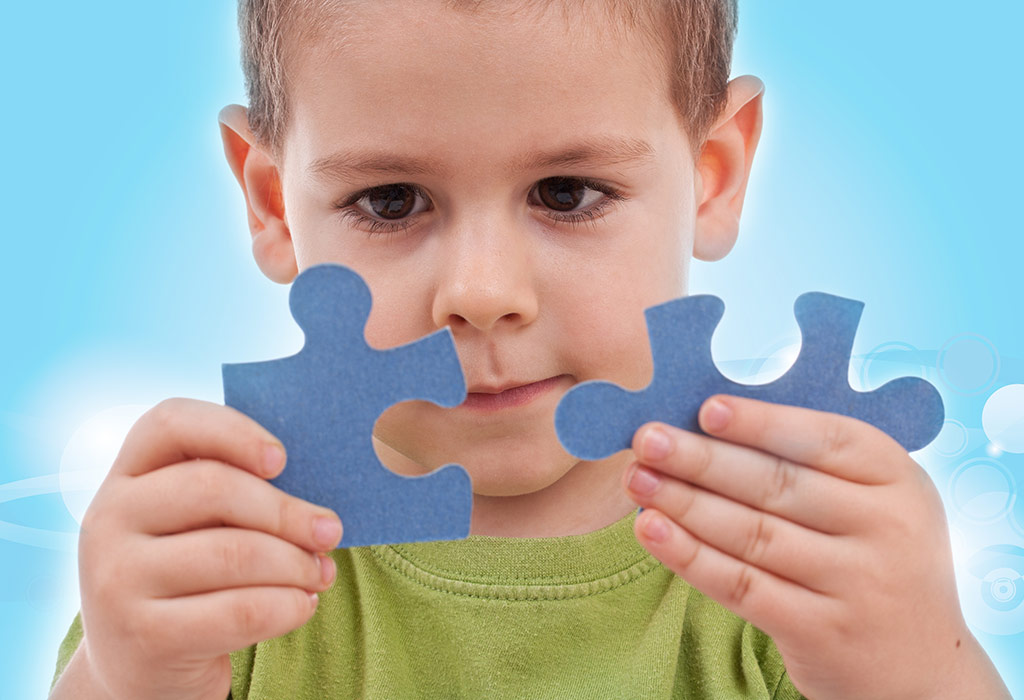Summary: A concise overview. A present study studies the effect of napping on the brain development of small kids – both babies and preschoolers. By watching hippocampus modifications, the research hopes to demonstrate how naps play a role in memory retention and brain development in young kids.

These long-range scientific studies might ultimately result in revised school nap laws for both neurotypical and non-neurological kids. The results of the research can provide teachers and parents with essential tips about the importance of nap time for young kids.
Important information:
Look at the Hippocampus. The study examines hippocampus activity during naptime addressing its role in short term memory and total brain development.
Longitudinal Methodology: These projects will monitor the same cohort of children over time compared with retrospective studies examining children in a single time. This will enable researchers to better understand napping development phases.
Uses in the actual world : The results of the research will probably effect nap guidelines in preschools and offer useful ideas for parents of young kids.
The info is accurate. UMass
A USD 6.7million NIH funded sleep researcher at the University of Massachusetts Amherst is doing 2 landmark studies to observe brain development in young kids. The objective is confirming the value of napping in early childhood and also to identify the underlying natural processes.
Rebecca Spencer, an established mental and brain scientist, is carrying out research to test her hypotheses about hippocampus activity during inter-naps of infants in addition to small children.

It is anticipated this brand new research is going to establish the standard for scientific proof highlighting the significance of sleep practices for early childhood brain development.
Results can help create nap guidelines for preschool and pre-kindergarten settings and can be ideal for caregivers and teachers of kids with varying neurological profiles.
Spencer, who manages research at her UMass Amherst Somneurolab, says research has always been centered on sleep and brain growth.
Kids are believed to keep the information learned throughout the day till sleep time, therefore shed a little light on if they’re prepared to give up nap time.
The preschool research was done jointly by Spencer & UMass Amherst; Tracy Riggins is a developmental psychologist at the University of Maryland focusing on memory growth. UMD professor Gregory Hancock teaches courses in human development and quantitative methods.

Spencer and Riggins had in the past reported the hippocampus in napping kids is different from the non-napping kids.
Spencer pointed out so far we’ve used cross sectional methods, where data are analysed at a point in time instead of longitudinal scientific studies which follow change in the long run.
It’s essential to study a child over time to establish if alterations in hippocampal development predict naptime.
Memories are initially kept in the hippocampus prior to being moved to the cortex for permanent storage. A young child with an insufficient hippocampus can consolidate memories during naps.
Spencer suggests that small kids skip an evening nap for reasons unrelated to age but linked to brain development.
“Naps are great for everyone. Naps protect memory for everybody, no matter their age. Nap time for habitual nappers. They suffer catastrophic forgetting in case they don’t sleep.

Spencer explains the distinction between non-habitual and habitual nappers isn’t the nap quality but the difficulty staying awake.
Riggins highlights that parents must be assured that tiny changes in children’s routines might not have dramatic consequences on a typically developing child later on.
Understanding brain activity in a regular child at naptime is going to enable us to anticipate possible intervention points for neurodivergent kids with ADHD and autism who usually have disrupted sleep patterns. This knowledge is going to be backed by scientific fact.
The study wants enrolling 180 kids aged 3 to 5 years, the researchers hope. Researchers will track participants ‘brain development, memory and nap patterns at three different points over a year.
During the first and second sessions the kids are going to wear devices capturing their activity levels and brain activity to document their naps and sleep patterns. Memory games is played during and after rest periods. The kids are going to get an MRI brain scan in the third session.
Visiting family: Monica and David Dumlao of Chicopee, Massachusetts, brought their 4 – year-old son Miles to the preschool research project after watching the Netflix documentary series “Babies,” and especially the episode about Spencer’s sleep habits.
Monica Dumlao expressed interest in researching the neuroscience of brain development during a study session in Spencer’s lab.
We thought this was a suitable moment to share our experience with the scientific community regarding the value of naps.
Spencer is carrying out a three part research of newborn naps and memory, checking out the time babies transition from two naps to one long evening nap.

She’s looking for 140 babies ages 7 to 9 months. The babies will play a memory game before and after their naps. An insertion – free electrode cap will monitor their brain activity during sleep. Sessions will last nine, twelve and 15 months, in each case.
Spencer claims that by remaining awake in the morning they can offset some of the effect on their memory when planning to relinquish the morning nap.
Though she said she doubted that will happen now — particularly after an afternoon nap. We believe that taking an afternoon nap remains extremely important.